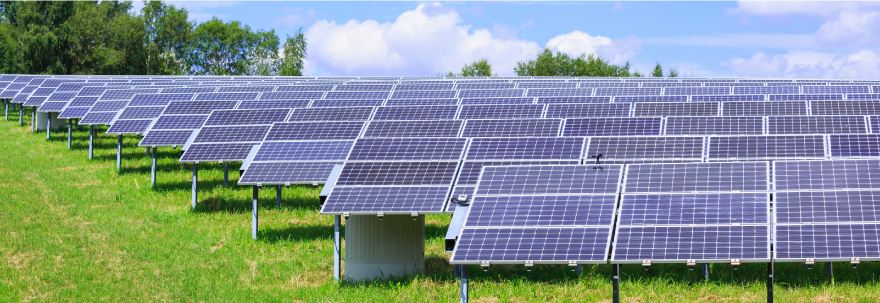By Albert Nxumalo
More than 2000 households in Gwanda South constituency are set for a major upliftment on their standards of living by tapping into a massive renewable energy project that ensures access to electricity.
A mini solar energy grid project under the Sustainable Energy for Rural Communities Project which is spearheaded by Practical Action is set to power three irrigation schemes, five business centres, a clinic, a school, Energy kiosks and a study centre.
Approximately 10 000 villagers from Mlambaphela community are set to benefit, Practical Action has said.
Minister of Energy and Power Development Chasi is expected to officially hand over and commission the project on Thursday (20 June).
It is jointly funded by the European Union (EU-ACP), the OPEC Fund for International Development (OFID) and the Global Environmental Facility (GEF).
Practical Action, SNV, CARD and Dabane Trust with the support of Government ministries and departments are the implementing partners.
“In Zimbabwe, the project sought to establish a Solar Mini grid to power three irrigation schemes, five business centers, a clinic, a school, Energy kiosks and a study center,” Practical Action said in a media communiqué.
“The project demonstrates a business and financial model of providing decentralised renewable energy through a partnership of public and private sectors and donors,” it added.
Government through the energy regulatory Zera has in the past issued tenders for solar energy projects in Matabeleland region but they are struggling to take off the ground as they are shrouded in controversy that has spilled to the courts.
Among the objectives of the mini grid project is to promote universal access to modern energy services for 1O OOO rural men and women in 2,8OO households in Gwanda South, contributing to better economic and social well-being, Practical Action noted.
The project will also empower entrepreneurs running solar powered businesses by assisting in supporting economic activities such as cold rooms, agro processing, welding and similar activities that require substantial energy.
The project comes at a time when Zimbabwe is grappling with severe power shortages.
This has affected the domestic and industrial use of electricity and culminated in the introduction of punishing load-shedding schedules, especially during peak hours, from 6am to 10pm and from 6pm to 10pm.
These are the time frames which officials say they require a lot of electricity.
Officially, the blackouts are blamed on breakdowns and repairs at power plants.
Low water levels at Lake Kariba are also thrown in, in the argument for worsening the situation at Kariba Power Station.
The power utility Zimbabwe Electricity Transmission and Distribution Company said load-shedding will be worse if the power supply situation deteriorated.
“The Zimbabwe Electricity Transmission and Distribution Company is experiencing increased power shortfalls due to low water levels at Kariba Power Station, generation constraints at Hwange Power Station and limited imports,” said the power utility.
“In the event of further deterioration of the current available power supply, the level and duration of load-shedding may go beyond the advertised schedules.”

